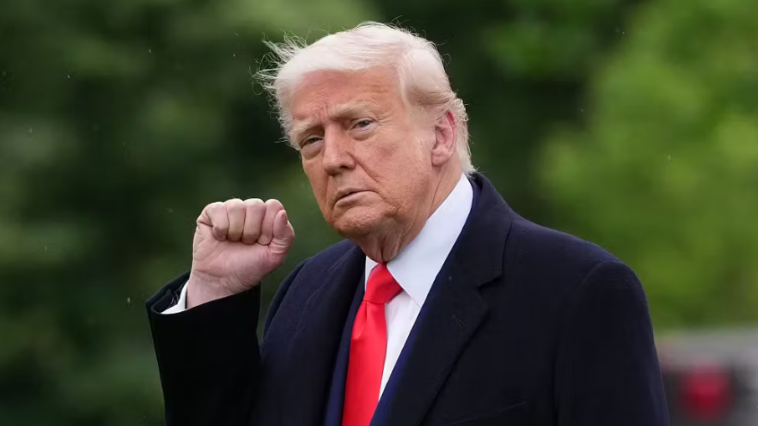President Donald Trump is calling for a massive shift in federal education funding—proposing to strip Harvard University of $3 billion in grant money and reallocate it to trade schools across the country.
In a recent post on Truth Social, Trump wrote, “I am considering taking Three Billion Dollars of Grant Money away from a very antisemitic Harvard, and giving it to TRADE SCHOOLS all across our land. What a great investment that would be for the USA, and so badly needed!!!”
This bold proposal is part of a broader push by the Trump administration to revitalize vocational education and target what the President has called the growing radicalism and antisemitism within elite academic institutions. Harvard has come under fire in recent months for its handling of anti-Israel protests and its continued commitment to far-left DEI (diversity, equity, and inclusion) programs.
The administration has already taken steps to challenge Harvard’s protected status. The Department of Homeland Security attempted to revoke the university’s ability to enroll foreign students, citing national security concerns. Although a federal judge temporarily blocked that action, the legal battle is ongoing.
Harvard, in response, has filed lawsuits accusing the administration of political retaliation and interference in academic freedom. The university’s leadership has labeled the effort “perplexing,” while continuing to defend its receipt of billions in federal research funds—despite growing public outrage over its campus culture and policies.
Trump’s proposal to reroute funding to trade schools is consistent with his long-standing belief that America must restore respect and support for the skilled trades. His administration previously expanded workforce development programs aimed at helping Americans learn high-paying, in-demand jobs that don’t require a traditional four-year degree.
Supporters argue that cutting funding to radicalized institutions like Harvard is not only justified but long overdue. They see redirecting those billions toward vocational schools as a pro-worker, pro-America policy that would strengthen the middle class, close the skills gap, and reduce the influence of far-left ideology in education.
While legal experts debate the extent of executive authority over federal grants, the move has sparked renewed focus on the role of taxpayer dollars in funding institutions that many believe are openly hostile to American values.
Trump’s plan, if implemented, would mark one of the most significant shifts in federal education policy in decades—sending a clear message that taxpayer dollars should benefit working-class Americans, not subsidize Ivy League activism.

